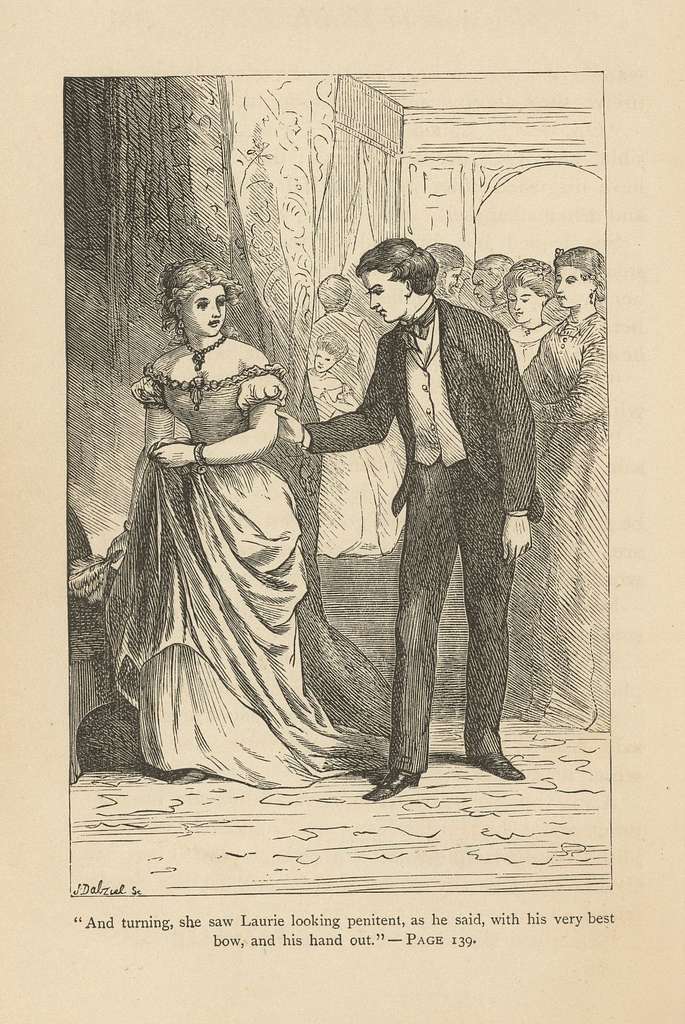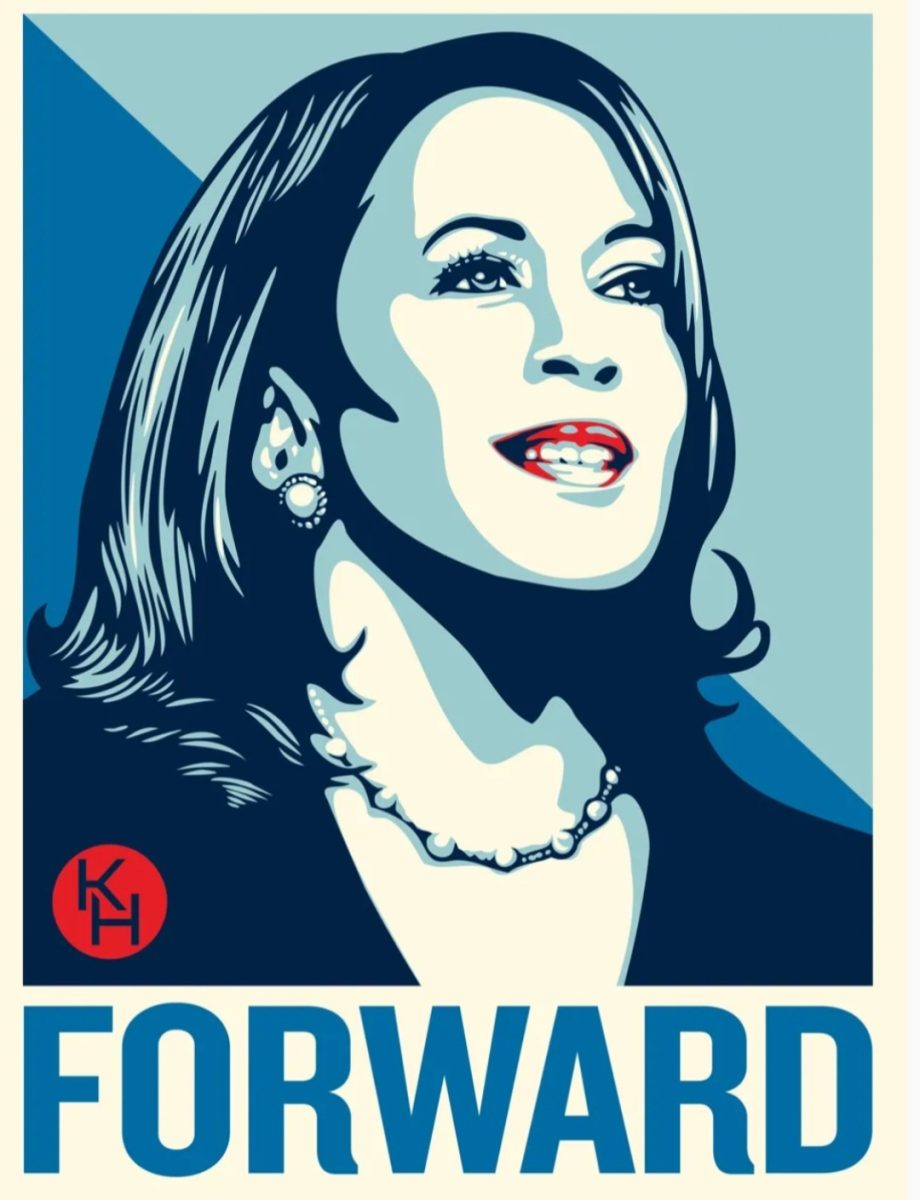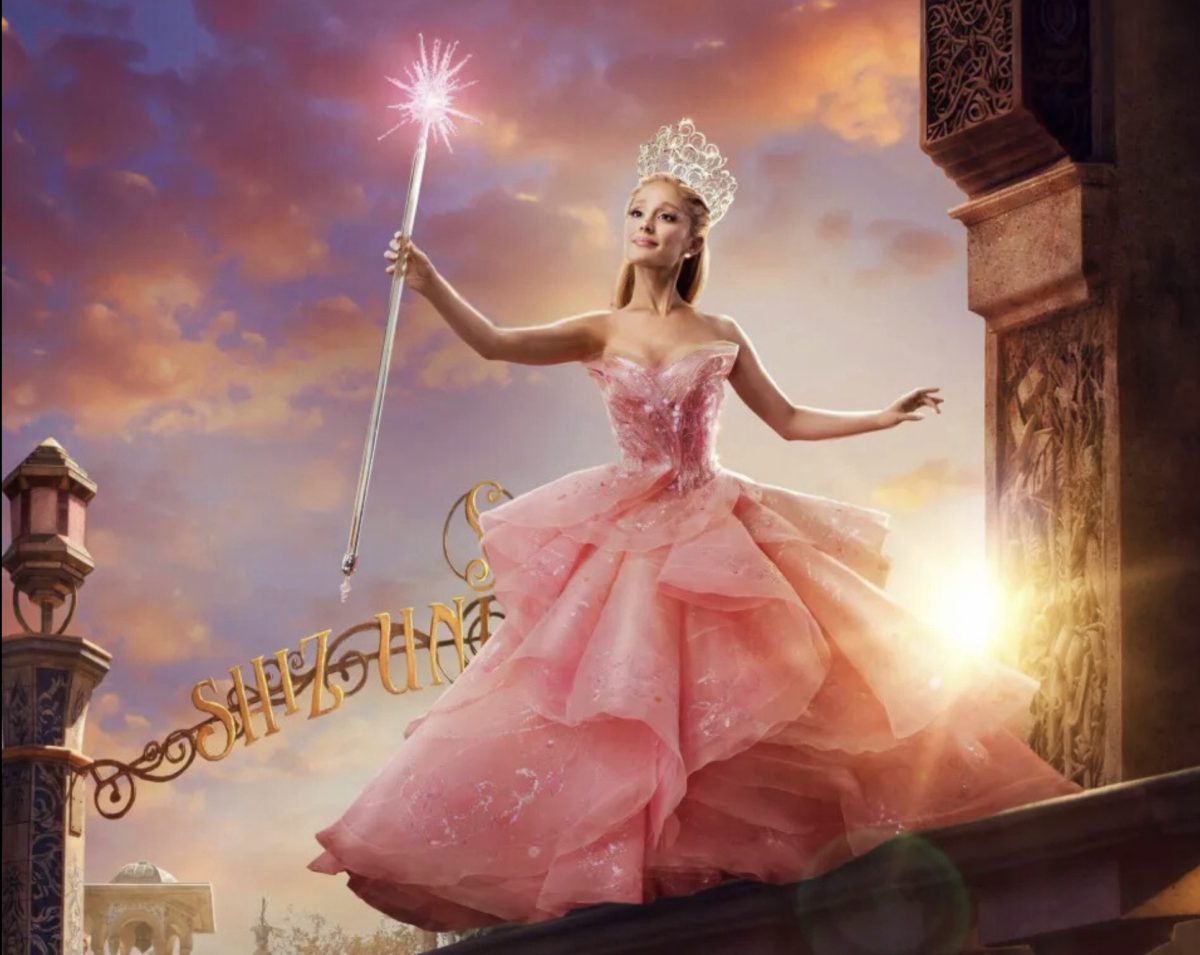Little Women, a novel published by Louisa May Alcott in 1868, is considered a classic best-selling novel, appreciated by many. The underlying theme of feminism is commendable and compellingly remarkable, clear and far before its time.
The plot follows the story of the four March sisters – Meg, Jo, Amy, and Beth – and their individual journeys to womanhood. Jo, a fan favorite, is often regarded as the most beyond her era.Whilst Jo is a headstrong, independent woman, who prizes her writing career over everything, the 1800s expected women to marry and become wives above all else. However, throughout the novel Jo tries to reject this binding notion and strike fame in the literary world.
Another very much beloved aspect of the novel is the relationship between Jo and Laurie. Laurie, a handsome, rich, and charming gentleman, pursues a deep emotional relationship with Jo. Despite what many argue as great chemistry, Laurie and Jo do not end up together by the end of the story, which is considered by some as a great wrongdoing. Nonetheless, there is ample proof that the end result of Laurie and Jo’s relationship makes perfect sense.
One can not deny Jo’s love for Laurie . Love can not be forced, which is a key component to the story. The reader wants to root for the two because we want to believe Jo may eventually fall for Laurie. While today society, for the most part, agrees that a woman’s purpose is not solely to love a man, this was certainly not the case during Jo’s time. Jo is constantly defiant of stereotypes and rules, and forcing a shift in her feelings would make little to no sense to the plot. In the novel, she expresses that “Women, they have minds, and they have souls, as well as just hearts. And they’ve got ambition, and they’ve got talent, as well as just beauty. I’m so sick of people saying that love is all a woman is fit for” (Alcott). Jo would inevitably be unhappy as a rich man’s wife, therefore having to fit social standards she feels so strongly against. Laurie is in love with the idea of love, not necessarily in love with Jo, and attaches himself to female attention due to his lack of a motherly figure, seeing as he is an orphan. Jo, in relation, exhibits distinct characteristics of motherhood. For example, as her father is away fighting in the Civil War, Jo cuts her hair in order to provide money for her family. Jo becoming the “man of the house” in her father’s absence only further goes to show her passion and love for her family.
Originally, I rooted for Jo and Laurie, and was crushed to learn they never got their martial happy ever after. Yet, as I’ve reread and matured, I’ve realized the playing out of their fate is much more appropriate to the plot, it assists to further demonstrate the feminist values of the novel, and how Jo March was a woman much ahead of her time.








